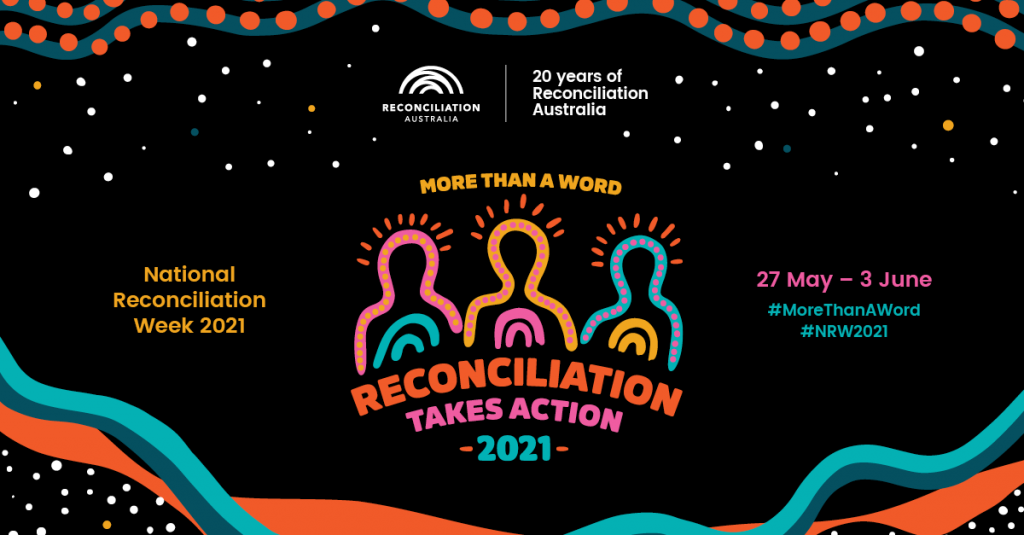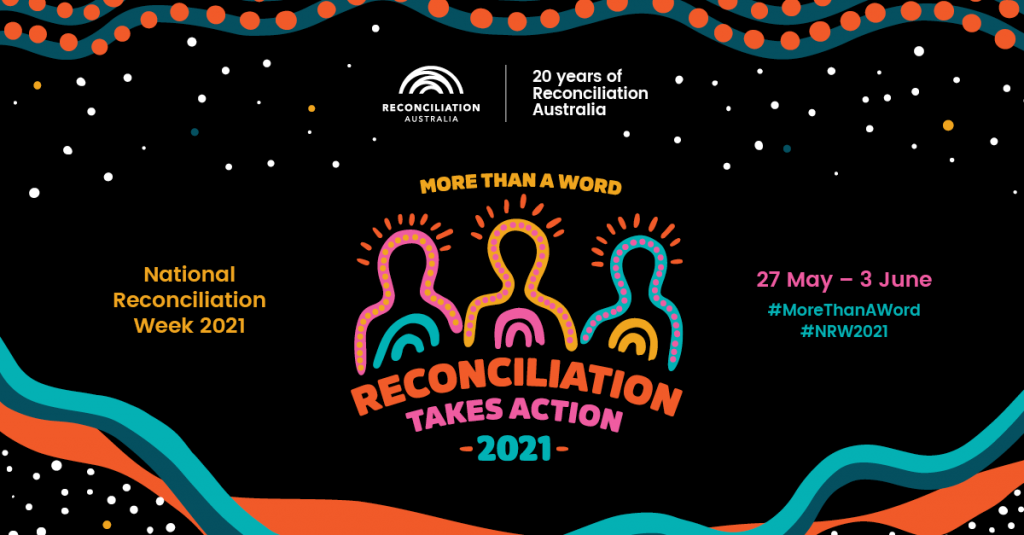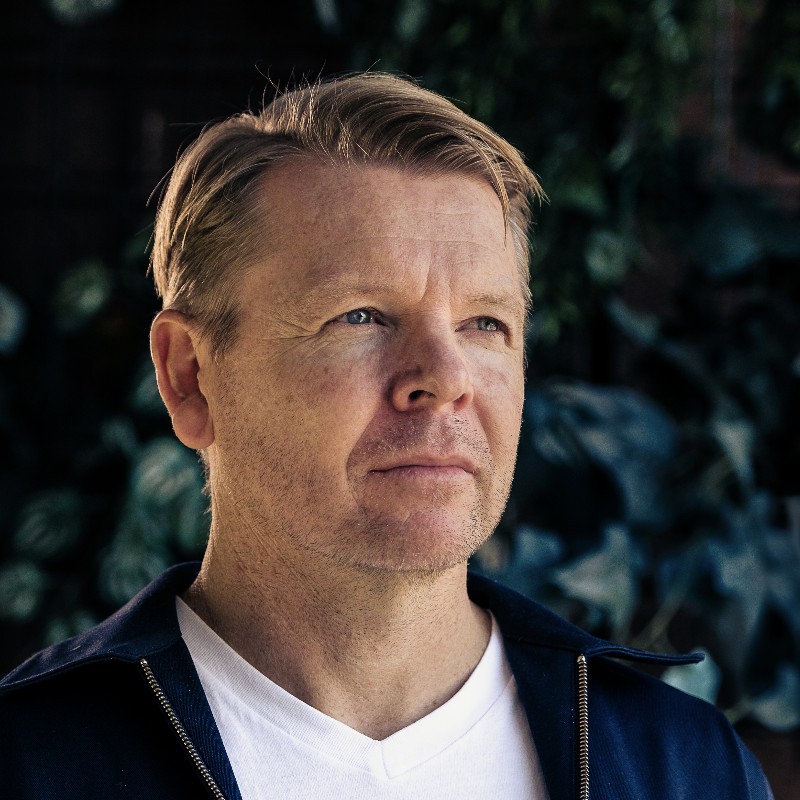For many of us, 2020 was a year to reflect on what was most important to us in our lives and caused many of us to affect real self-evaluation. Don't tell me you didn't consider sprucing up your cooking skills or dusting off that pile of books you've never got round to reading…
This was no different for Aquent as a business. In Australia, we carried out our own inventory of what was working and what we could do better. One thing that immediately stood out to us was a need to focus more on our Diversity and Inclusion and how we could improve this area for the greater good.
We had the perfect opportunity to reflect more on this during a meeting with a large corporate client of mine that was looking at partnering with us more closely.
One of the questions that they asked was “do you have your own RAP?”
A RAP? I thought they were asking me to bust out a rhyme! Thank goodness I didn't!
What they were really asking, was whether we had our own Reconciliation Action Plan — a framework that would allow us to increase awareness and education around the importance of Aboriginal and Torres Strait Islander histories and diversity, within our sphere of influence.
As a global workforce solutions company, we are conscious that there is more that we can be doing to ensure that there is a greater representation of diversity in our own workforce, plus an opportunity to provide digital marketing, creative and development career opportunities for Aboriginal and Torres Strait Islander peoples.
Embarking on a RAP journey was the first step for us as a business. And so we reached out to Reconciliation Australia and began to research on how we could begin to implement our own Reconciliation Action Plan into our business.
We discovered that there are four types of RAPs that an organisation can develop: Reflect, Innovate, Stretch and Elevate. Each type of RAP is designed to suit an organisation at different stages of their reconciliation journey.
The initial phase of embarking on a reconciliation journey is the ‘Reflect' RAP, which clearly sets out the steps you should take to prepare your organisation for reconciliation initiatives in successive RAPs.
We realised that committing to a Reflect RAP would allow Aquent in Australia to spend time scoping and developing relationships with Aboriginal and Torres Strait Islanders, deciding on our vision for reconciliation and exploring our sphere of influence, before committing to specific actions or initiatives. It was the perfect first step for us.
To move forwards with our Reflect Rap, we needed a RAP working group in place, which now consists of our Sydney GM, Sonia Gouveia, HR Director, Jen Gottlieb, our Account Director in Melbourne, Ani Ingles, our Senior Talent Agent in Melbourne, Imy Storm and myself. Whilst none of us have any Indigenous roots, we were able to share our own stories and experiences of inequality/equality and why we all wanted to be a part of the group so that we could help make a difference.
What stood out to us most was the process of embarking on a Reflect Rap — we were determined that we wanted to avoid any tokenistic gestures — and we wanted to produce future RAPs that would be meaningful and well informed.
We met weekly to discuss what we wanted to include in our Reflect RAP, tweaking it and aligning it to our own values as a business:
- We before me
- Make it matter
- Keep growing
- Own it
After several months of refining our RAP, we were endorsed by Reconciliation Australia and our timeline of actionable goals was set!
Reconciliation Australia has published our RAP on their website for anyone to view our plan.
We're really excited to see where this Reflect RAP takes us in our own reconciliation journey and, as a start, we hope we can begin to bring awareness and education to people within our sphere of influence around the importance of the histories of Aboriginal and Torres Strait Islander peoples.
We'd like to highlight National Reconciliation Week — from 27th May to 3rd June each year.
But to make sure that it's more than a word, it's important to understand what this week is actually about. Reconciliation must live in the hearts, minds and actions of all Australians as we move forward, creating a nation strengthened by respectful relationships between the wider Australian community, and Aboriginal and Torres Strait Islander peoples. It's a time for all Australians to learn about our shared histories, cultures, and achievements, and to explore how each of us can contribute to achieving reconciliation in Australia. You can find out more by visiting the Reconciliation Australia website.
There are also a lot of scheduled events you can attend to understand more about what this week is about. View events
If you're inspired to take your organisation along on the reconciliation journey, please feel free to reach out to me and I'd be happy to share more information with you.
Latest.

Juniors & Leaders: How To Fail In The Workplace The Right Way
Leadership, Thought Leadership, Job Seeker

The Right To Disconnect From Work—A Blessing Or Curse?
Thought Leadership

4 Important Steps To Review And Improve Your ERG
Diversity, Equity and Inclusion





